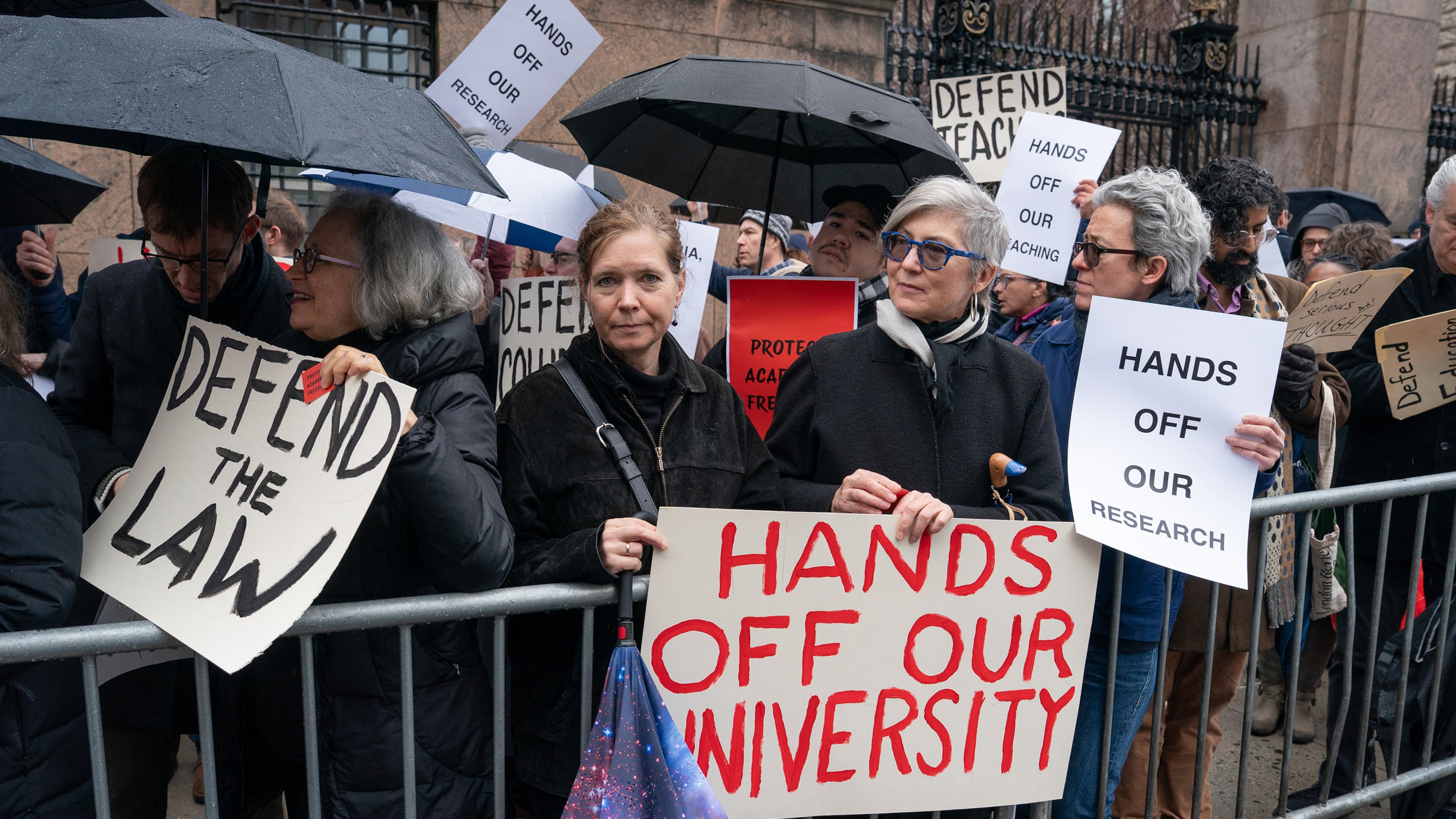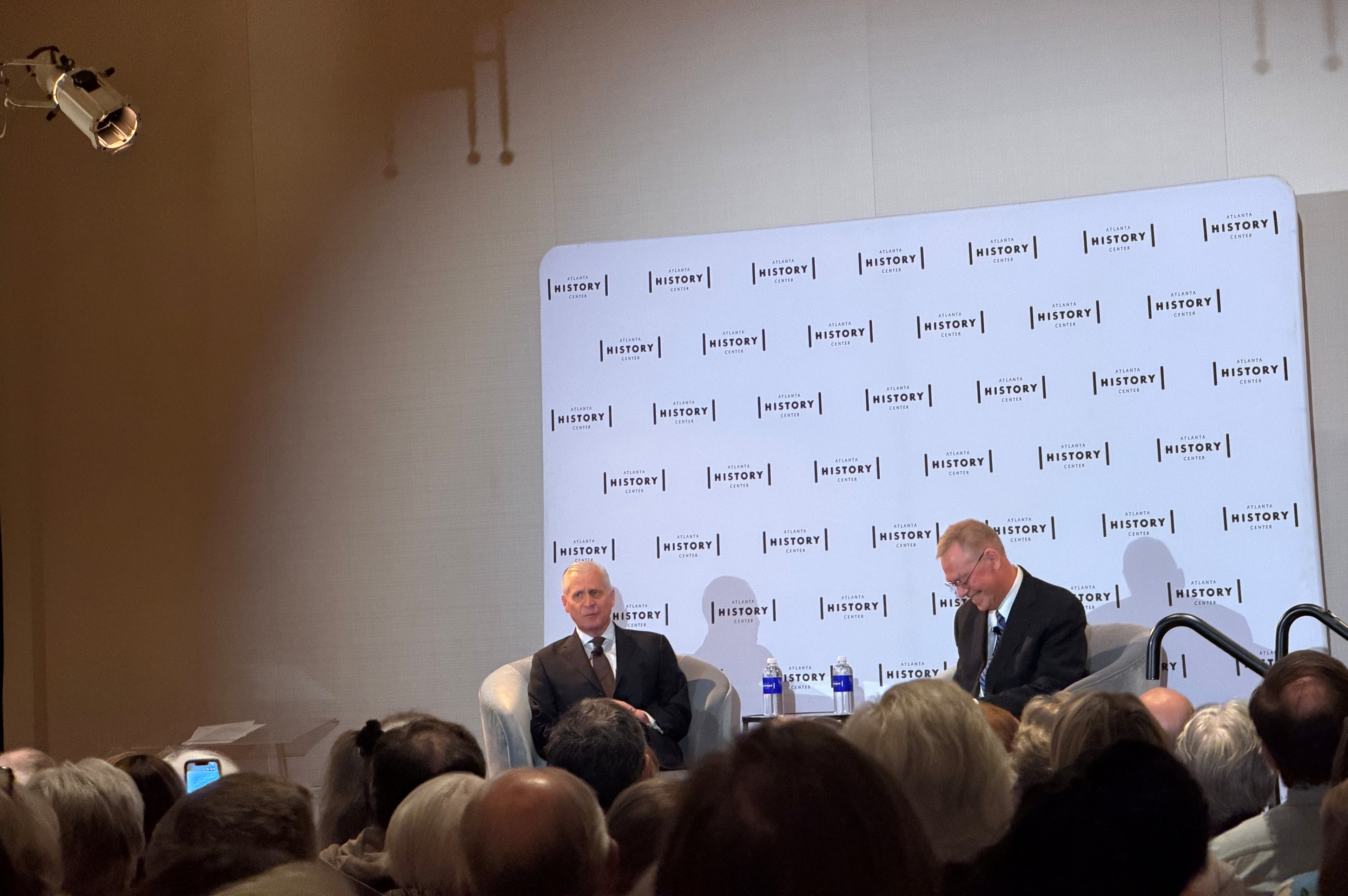How Trump’s battle with U.S. colleges is making Canadian universities great

Last May, I attended my 50th class reunion at Kenyon College. Reunion weekend coincided with a celebration of the college’s bicentennial and included a number of programs about the college’s history and current events.
One of the featured speakers and award recipients was Bridget Ann Brink, a graduate of the class of 1994. In 2022 she had been appointed U.S. ambassador to Ukraine, a position of great importance as their war with Russia goes on and on. Brink had previously spent virtually her entire postcollege career in Europe in various policy positions, making her a great authority on European history and its current fragile dynamics.
The subject of Ukraine was inevitable. When someone asked which historians she recommended for us to read, she said without hesitation, “Timothy Snyder.” I had been reading Snyder since the 2010 publication of his magisterial history of Eastern Europe, “Bloodlands: Europe Between Hitler and Stalin.” I have since read many of his other books on fascism, totalitarianism and European history, and have watched his YouTube recordings of his Yale class on Ukraine. If awards mean anything, Snyder is a highly respected historian; and if book sales mean anything, he’s the rare bestselling author from academia.
Snyder is a smart and serious historian who has been critical of the authoritarian turn in the U.S. under the influence of President Donald Trump. Snyder has been among the anchors of the Yale Department of History for much of this century. But not anymore. He is now part of a historians’ diaspora from Yale and the U.S. He is among a set of distinguished scholars who have recently moved to the University of Toronto’s Munk School of Global Affairs and Public Policy. This exodus includes Marci Shore and Jason Stanley, the latter of whom was the subject of a recent interview in The Chronicle of Higher Education in which he laments the impact of the new administration on American universities.
Stanley has never been shy in criticizing the U.S. government. The latest effort to stifle academic free speech has been too much: “History suggests that when the central government targets universities in ways we are now witnessing in the United States, it is a signal of encroaching authoritarianism. We would do well to take such signals both literally and seriously, if we are to preserve what history teaches is a bulwark against authoritarianism — a vibrant, robust, and independent university system.”
You might not agree with Stanley’s opinion, or mine, or any other that our current administration would disagree with. You might believe that college degrees are overrated, too expensive and ill-suited for the real world. You might believe that schools and universities are indoctrination centers for Marxist ideology. You might think that the departure of these historians is a good thing. You might consider us to be educated fools who are undermining the real America. You might believe that the extremism of any individual professor means the whole university is rotten.

I once heard that there is a kernel of truth in every stereotype. But that doesn’t make the whole ear of corn damaged goods. There are indeed radicals on campuses. But it depends on where you look. I knew a Terry College of Business professor, and once asked him if they had any Marxists in the college. He looked at me as if I’d asked if they had any mutant brontosauruses on the faculty. He elaborated: “We’re here to create wealth, not critique it.”
I also was on a conference panel hosted by the University of Georgia where a faculty member focused on gender studies was also speaking, and she was seated on the left side as we faced the audience, which she noted by saying, “It’s no coincidence that they put me on the far left,” something she took pride in.
Yep, lefties are out there. They are apparently very scary, enough that the federal government is doing what it can to run them off. In spite of fears that they are indoctrinating our gullible students into their radical ideology, research shows students learn more about the world from interacting with each other than from being brainwashed by fanatical professors.
Yet the federal response to any disturbance on a campus is to clamp down, remove critical funding that supports medical research, forbid attention to human diversity, focus only on conservative viewpoints emerging from the West, emphasize Christian values and run off anyone who does not fit the new regime.
And, perhaps you think that’s a good thing. Get rid of the people who have made American universities the envy of the world, deport foreign students, ban LGBTQ+ people, allow only approved speech, whitewash the curriculum and make America great again.
The situation in the Yale Department of History tells me something else. When the government dictates how universities should operate, the best of the best go elsewhere, and a brain drain allows our greatest thinkers to resume their work in another nation. That’s how the U.S. ended up with Albert Einstein and many other German scientists in the 1930s. That’s how Canada is now benefiting from the repression that has enveloped U.S. universities at the beginning of 2025.
Ultimately, it is up to voters to decide what kind of nation we will have. I don’t see how supporting the dismantling of universities will make America great. But they sure are helping to make Canada great.
Peter Smagorinsky is a retired professor at the University of Georgia, an inductee in the Reading Hall of Fame and former co-editor of Research in the Teaching of English.


